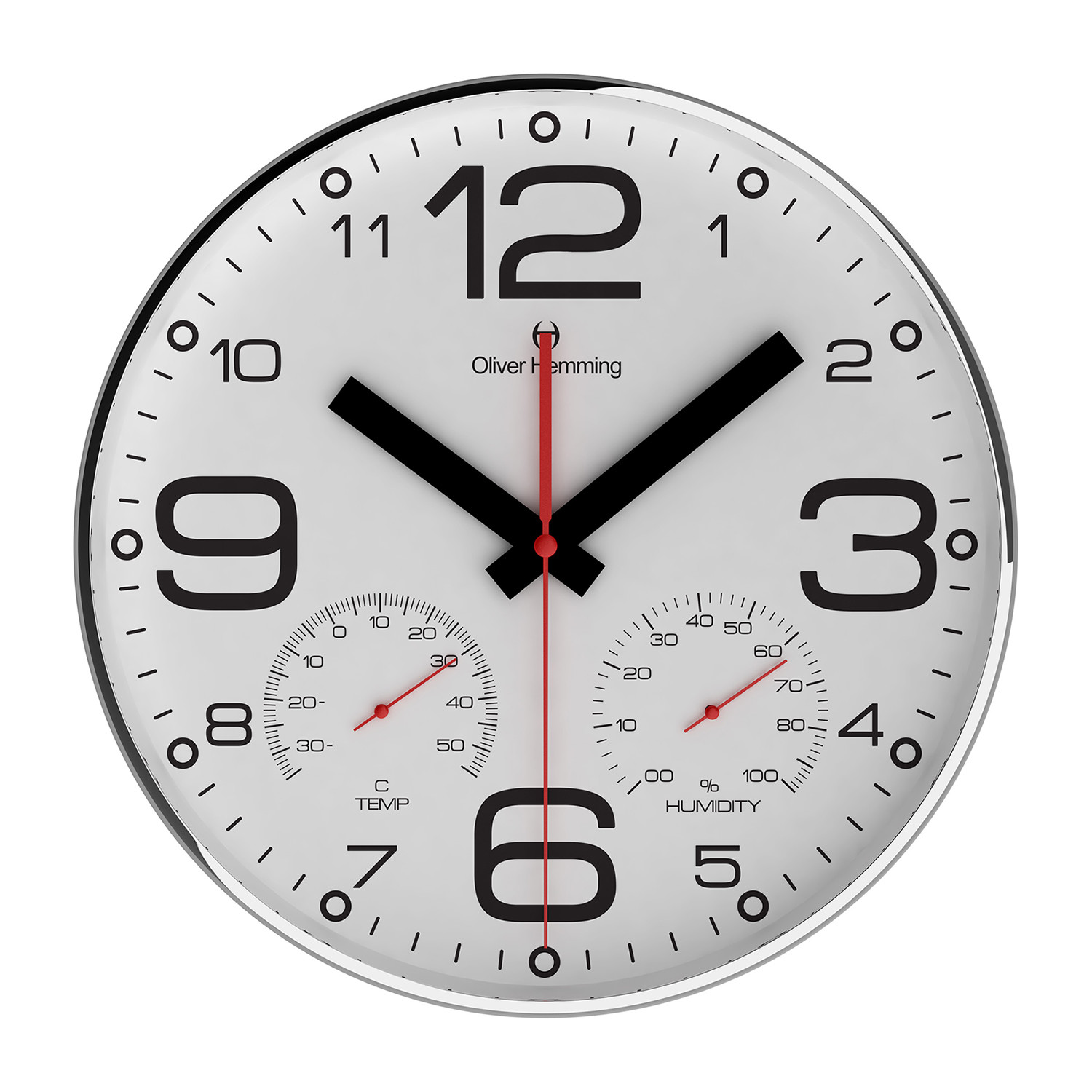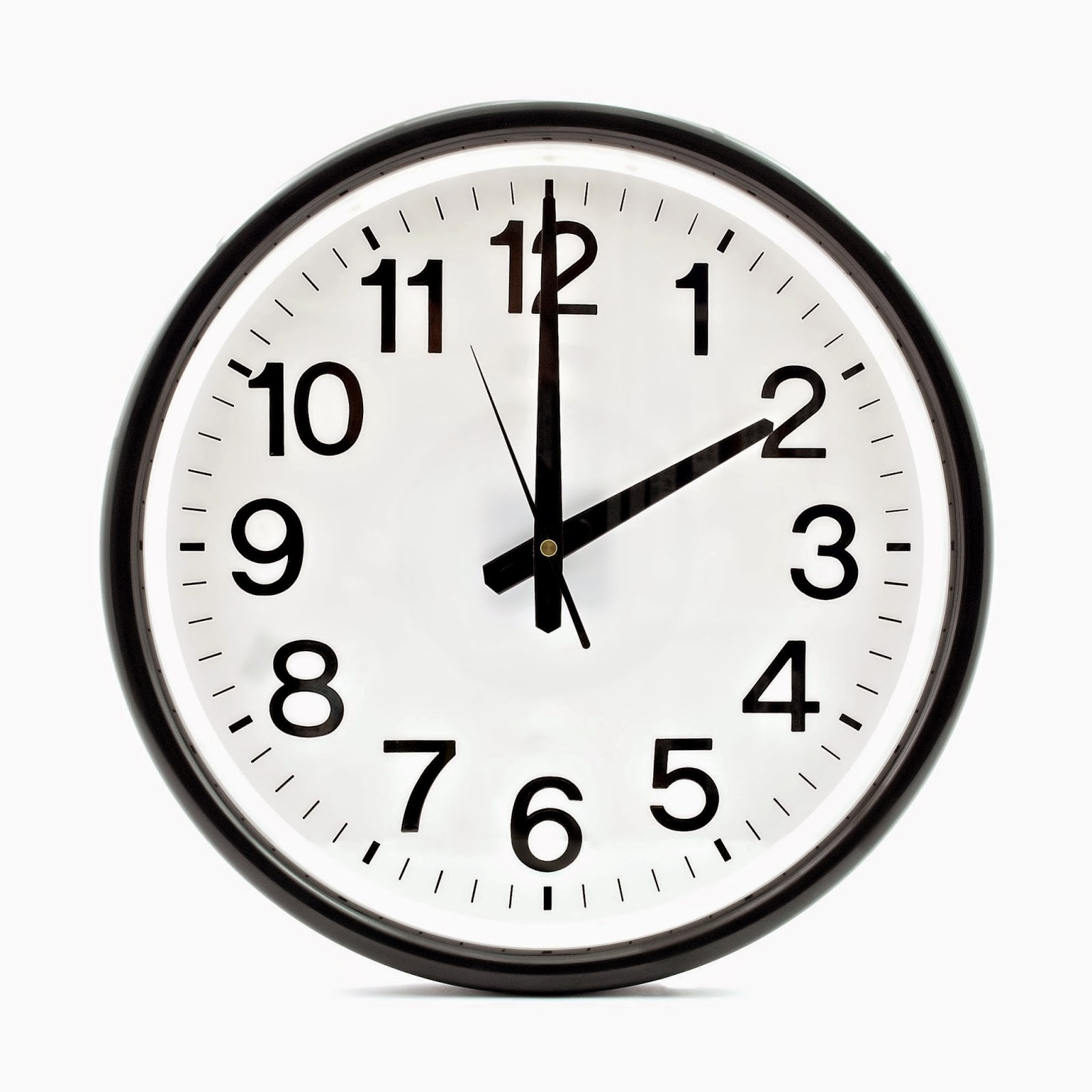When Is 12pm? Unveiling The Mystery Behind This Time Conundrum
Have you ever found yourself scratching your head, wondering when exactly 12pm happens? Well, you're not alone. Many people get confused about this time of day, and it's totally understandable. The clock can be a tricky beast, especially when it comes to those midday hours. So, let's dive right in and clear up any confusion once and for all. Whether you're trying to schedule a meeting or just want to know when to grab lunch, we’ve got you covered.
Now, before we jump into the nitty-gritty details, let’s talk about why this question matters. Timekeeping is a big deal in our daily lives. Miss a meeting at 12pm, and you could be in hot water with your boss. Show up too early or too late, and you might end up looking unprofessional. So, it’s super important to get this right. Stick around, and we’ll break it down for you in a way that’s easy to understand.
Oh, and don’t worry if you’ve been getting it wrong so far. Even the experts sometimes debate the finer points of time notation. By the end of this article, you’ll be a pro at understanding when 12pm happens and how to communicate it clearly to others. Ready? Let’s go!
- Neil Flynn Wife The Fascinating Story Behind The Scenes
- Tom Browning Cause Of Death A Deep Dive Into The Legacy And Final Chapter Of A Baseball Legend
What Exactly is 12pm?
Alright, let’s start with the basics. When we say 12pm, we’re talking about noon, the time when the sun is at its highest point in the sky (well, at least in most places). In the 12-hour clock system, pm stands for "post meridiem," which is Latin for "after midday." So, 12pm is technically the start of the afternoon. But here’s the thing—there’s a little gray area that confuses people.
Why Do People Get Confused About 12pm?
Let’s face it, the concept of 12pm can be a bit tricky. Some folks think it’s the end of the morning, while others believe it’s the start of the afternoon. The confusion arises because, technically, the exact moment of noon is neither am nor pm. It’s kind of like a time warp where the clock resets itself. But for practical purposes, we’ve all agreed to call it 12pm.
Is 12pm Morning or Afternoon?
Here’s the deal: 12pm is officially considered afternoon. The am (ante meridiem) period ends at 11:59, and then we jump straight into pm territory. So, if someone invites you to a meeting at 12pm, they mean noon, not midnight. Simple, right? Well, kind of.
- Uscg Aux Logo A Closer Look At The Symbol Of Maritime Service Excellence
- Kate Evans Scam The Untold Story You Need To Know About
Understanding the 12-Hour Clock System
To fully grasp the concept of 12pm, we need to take a closer look at how the 12-hour clock works. Unlike the 24-hour clock, which is used in military and scientific settings, the 12-hour clock divides the day into two 12-hour periods: am and pm. This system has been around for centuries and is widely used in everyday life. But it’s not without its quirks.
Key Points About the 12-Hour Clock
- The day begins at 12am, which is midnight.
- The morning hours are labeled am, starting from 12am and ending at 11:59am.
- At 12pm, we switch to pm, marking the start of the afternoon.
- The evening and night hours continue under the pm label until we hit 11:59pm.
When Should You Use 12pm?
Now that we’ve clarified what 12pm means, let’s talk about when to use it. In most cases, you’ll see 12pm written on schedules, invitations, and digital devices. It’s the standard way of indicating noon in the 12-hour clock system. But here’s a pro tip: if you’re worried about confusion, you can always write “noon” instead. It’s clearer and leaves no room for misinterpretation.
Examples of 12pm in Real Life
- Lunch meetings scheduled at 12pm.
- Office hours that begin at 12pm.
- TV shows or events that air at noon.
Common Mistakes to Avoid
Even though 12pm is a pretty straightforward concept, people still make mistakes when using it. One common error is writing “12pm midnight” or “12am noon.” These phrases don’t make sense because midnight is 12am, and noon is 12pm. Another mistake is assuming that 12pm is still part of the morning. Remember, the morning ends at 11:59am, so 12pm is firmly in the afternoon camp.
How to Avoid Confusion
- Use “noon” instead of 12pm when clarity is key.
- Double-check your invitations and schedules to ensure the correct time is listed.
- Communicate clearly with others to avoid misunderstandings.
Historical Context of the 12-Hour Clock
Believe it or not, the 12-hour clock has a rich history that dates back thousands of years. Ancient civilizations, such as the Egyptians and Babylonians, used sundials to divide the day into two equal parts. Over time, this system evolved into the 12-hour clock we know today. The terms am and pm were introduced by the Romans, who used them to describe the time before and after midday.
Why Did the 12-Hour Clock Stick Around?
There are a few reasons why the 12-hour clock became so popular. First, it’s easier for most people to understand than the 24-hour clock. Second, it aligns with the natural rhythm of the day, dividing it into morning and afternoon. Finally, it’s deeply ingrained in our culture and language, making it a familiar and comfortable way to tell time.
Modern Uses of 12pm
In today’s fast-paced world, 12pm plays an important role in our daily routines. Whether you’re setting alarms, scheduling appointments, or coordinating with colleagues, knowing when noon occurs is essential. Many digital devices and apps use the 12-hour clock by default, so it’s something we encounter all the time.
Tips for Using 12pm Effectively
- Set reminders for important events that occur at 12pm.
- Use clear language when communicating times to others.
- Take advantage of tools like calendars and clocks to stay organized.
FAQs About 12pm
Let’s wrap up with some frequently asked questions about 12pm. These should help clear up any lingering doubts you might have.
Q: Is 12pm the same as noon?
A: Yes, 12pm and noon are interchangeable terms. Both refer to the same time of day.
Q: Can I write 12pm as 12 noon?
A: While it’s technically correct, it’s redundant. Stick with either 12pm or noon for simplicity.
Q: What happens if I write 12pm midnight?
A: That’s incorrect because midnight is 12am. Stick to the proper labels to avoid confusion.
Conclusion
So there you have it—a comprehensive guide to understanding when 12pm occurs and how to use it effectively. Whether you’re a timekeeping enthusiast or just someone trying to avoid scheduling mishaps, this information should come in handy. Remember, 12pm is noon, and it marks the start of the afternoon. Keep things simple by using clear language and tools to stay on track.
Now it’s your turn. Share this article with your friends and family to help them get a grip on the 12-hour clock. And if you have any questions or comments, feel free to drop them below. Let’s keep the conversation going!
Table of Contents
- What Exactly is 12pm?
- Why Do People Get Confused About 12pm?
- Is 12pm Morning or Afternoon?
- Understanding the 12-Hour Clock System
- When Should You Use 12pm?
- Common Mistakes to Avoid
- Historical Context of the 12-Hour Clock
- Modern Uses of 12pm
- FAQs About 12pm
- Conclusion
- Jimmy Fallon Audition The Journey To Becoming A Latenight Legend
- Unveiling The Hype Tekken 8 Characters Popularity

12Am 12Pm

12pm Clock ClipArt Best

12pm Clock ClipArt Best